Ayurveda Discipline for Healthy Life Style & Specialized Diet for Tridosha
Many people believe that Ayurveda is a process of medical treatment using medicines and different kinds of Ayurvedic oils. But it’s not the true case. Ayurveda is not just a procedure to treat diseases, but it also gives certain precautions and procedures to be followed for a healthy life style, to stay away from diseases. It adds certain habits too, which can fully change your way of living. ‘Wellness of health’ is the other name of Ayurveda.
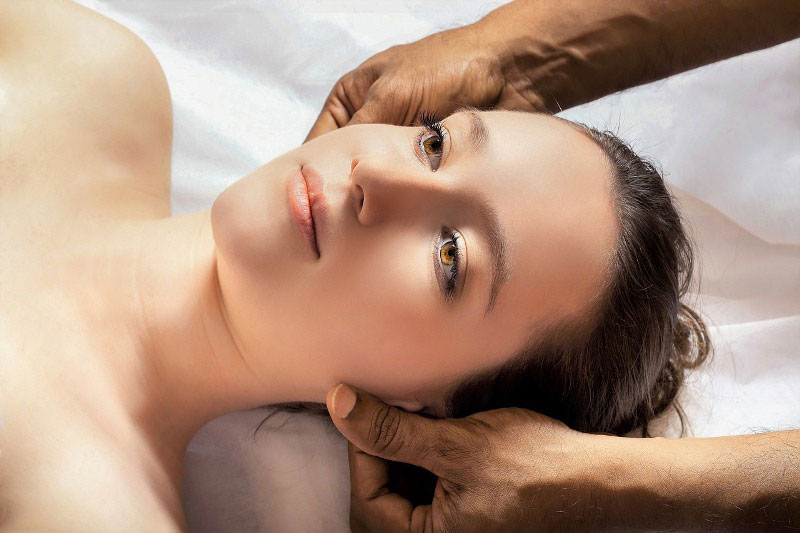
In Ayurveda, the blood vessels that carry blood and other elements are together termed as ‘Kham’. If ‘Kham’ is healthy, you are healthy too – says Ayurveda. If you are not well-disciplined in life, not following a healthy life style, disease may attack you easily. We can fill our life with strength and happiness, if we can follow certain disciplines to adopt a healthy life style. In this column, I have added the procedures to be followed, under three different headings – things to be noted on a daily basis, based on seasonal changes as well as those which are to be strictly followed based on our health condition and body characteristics. In today’s busy life style, if you are able to adopt these Ayurvedic disciplines to life, your life will be changed forever. They are not hard or difficult as you may think. The Ayurvedic cycle include only simple habits which you can easily follow.
Before we move forward, let us know what these terms mean in Ayurveda. I have divided this topic into these three different categories.
Dinacharya – Ayurvedic laws which help you to achieve happy, joyful and healthy life through daily procedures and disciple.
Ritucharya – It is related to seasons, and gives a description on how to change our life style to suit the climatic variations of January-December period, in short Ayurvedic discipline for a whole year based on seasons and climate.
Shareeracharya – Tridosha – Vata, Kapha and Pitta affect our body and its different metabolic cycles in many means. Shareeracharya shares certain disciplines to change our life style according to it.
Dinacharya
Let us see the habits to be followed on a daily basis for a healthy life.
Wake up with sun
To achieve health and retain it, a person should wake up early. Pure air and refreshment of early morning can give you a positive feel for the whole day. If you are able to wake up between 4.30 and 5 am in the morning, it’s the best. Students should wake up at least at 5 am. If you are able to go to bed before 10 pm, it’s not a difficult task to wake up in early morning.
If you feel tired in excess, sleep for a little more time. Wash your face with cold water soon after you wake up. If it’s cold season or monsoon, you can use lukewarm water to clean your face. But to get rid of sleepiness, skin problems and clean face, cold water is the best option.
Begin a day with sweet
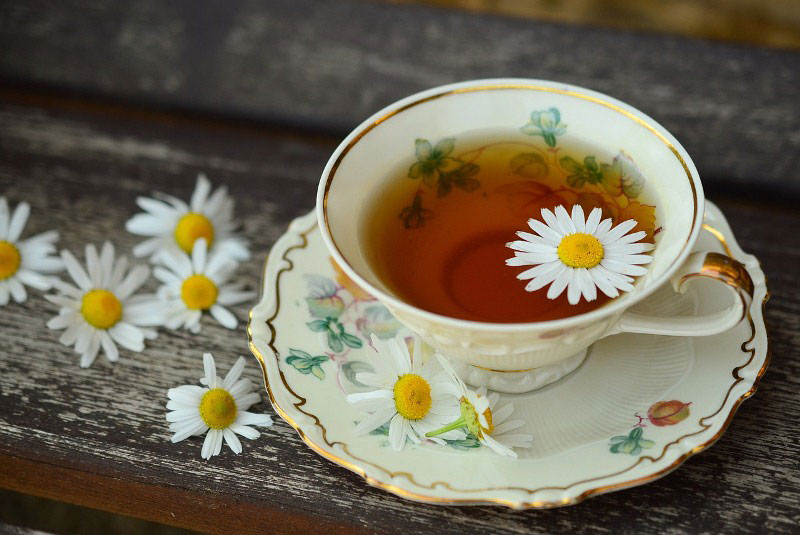
Drink three cheeks of water to begin a day with. You can add a small spoon of pure honey to this water, which can help you to remove poisonous traces from your body. Sip water little by little, and never take it haste. Otherwise it can affect the digestive system of the body. Go to bathroom in the early morning to flush out all the impurities and wastes of the body, before you begin a day with. Never make it late. If you are irregular in your bathroom habits, it can invite a lot of health issues. Such carelessness in simple things of Dinacharya is one of the major reasons for our health issues in future.
Dental care for health and beauty
Brush your teeth before you go sleep. It’s good for health, and brushing teeth in the early morning is for beauty – old people say. If you not brush your teeth properly, food waste and germs can attack your teeth and cause damages. Clean your mouth so that gum is treated softly. Use brushes with soft bristles for kids. Use ayurvedic tooth powders or herbal toothpastes for better results. Clean your tongue so that dirt deposits are cleaned properly. It also helps taste buds to recognize different tastes and blocks bad odour too. It also resists sensitivity and frozen condition of tongue.
Fill your mouth with clean water at least 3 or 4 times after cleaning your mouth and tongue. You can use either cold or lukewarm water. You can also use any mouthwash as suggested by your doctor. It can block dental diseases and also remove dirt and other particles deposited inside the deep pores of mouth.
Nasyam to remove dirt from nose and a treatment for cold and related diseases
Nasyam is an Ayurvedic treatment given to patients, when medicine is poured as droplets through nostrils. Two drops of medicine will be dropped to either nostril and the patient is asked to breathe inside. Nasyam can be done strictly under the instruction of an Ayurvedic doctor, who decides the procedures and medicines to be used.
Hands are rubbed together and heated and then using these hands and massage on nose. This procedure is more effective for the medicine to enter the pores of sinus, and the secreted mucous is pulled out easily. Thus it is effective for cold and sinus related issues. It removes dirt and other impurities too. Gargle using lukewarm water after Nasyam. If it is hot season, use cold water.
Kohl for eye beauty and health
Dirt deposits inside the eye lids can be effectively cleaned by drawing kohl in eyes. It is a safety measure for eye protection too. Eyes are the sense organs which always stay open when exposed to light, and they need extra care too. If you draw eyes regularly, eye lashes grow thickly and turn darker too. It is good to pour a few drops of juice extracted from Poovankurunnila (little ironweed) in your eyes. Ilaneer Kuzhamb gives coolness to eyes if applied.
Never draw eyes soon after meals or hair wash (bath). For kids it’s better to prepare kohl at home. If you watch TV or computer screen continuously for hours, it can reduce the functioning of eyes.
Oil massage before bath
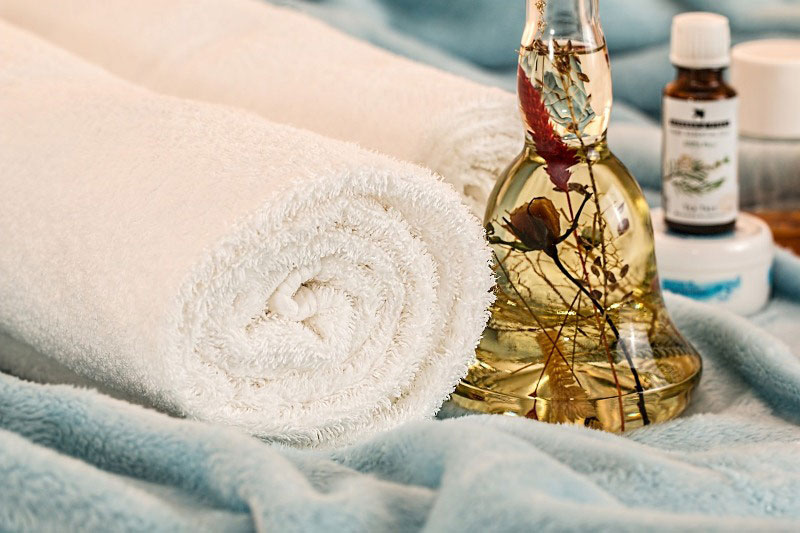
To get rid of tiredness and resist rheumatic diseases, oil massage on daily basis, on body and hair is very effective. Though it’s not practicable, you can try it in daily basis. After applying oil, wait for at least half an hour before you bath. Use oils/medicinal oils as per climatic changes and your body (health and status) to get better results. In normal cases, coconut oil is the best option. For Kerala people, this oil well suits the climatic condition too. It is also effective for many skin related issues. For infants, heated coconut oil or urukkenna prepared by boiling coconut milk is the best.
You can choose other oils too, provided you are well aware of your skin behavior and hair. If you use boiled oil, seek your doctor’s advice to know if it suits your body condition. You can gently heat the hair oil before you apply it on your scalp. Massage it well using fingers for next 10 minutes. It stimulates the growth of hair, and improves thickness too.
It’s a good habit to apply the same oil on both your ears as well as the inner side of foot. If you can’t use oil, a natural skin pack can be used as alternative. Curd, honey, cucumber, rose water, almond, milk etc are natural moisturizers for skin, and can be used as skin packs too.
Daily exercise for beauty
Daily exercise provides physical fitness to the body as well as strength. While you exercise, you should keep note of the factors such as age, place, climate, physical condition, food habits, disease etc. If you neglect such factors, it can invite diseases without any notice. If you are above 60, minimal exercise is sufficient. Similarly if you have issues related to digestion, you should completely avoid taking exercises.
As per Kerala’s climatic conditions, during cold seasons (from October to January) appetite, strength and digestive power are comparatively high. So during these months, you can exercise hard releasing a lot of sweat. During summer season, our body is comparatively weak, and hence mild exercises are sufficient.
How much should we exercise? It varies from person to person, and one should exercise till half of his physical strength. When can we realize our body has reached that point? Till middle portion of chest, nose, joins, arm pit and forehead start releasing sweat. If you grasp for air or throat dries up, you should seize for a while before you resume. You can also stop exercising at this point.
Brisk walk is listed among the effective exercises, and its effects are widely received by all body parts. After exercises, rub your body parts strongly using hands. It’s called Udwarthanam) in Ayurveda, and it’s a good process too. You can use powders of aromatic ayurvedic medicines to do this process. It improves the blood circulation towards the skin and its lower areas, by expanding blood vessels beneath the skin. Thus it improves beauty of skin along with health.
Daily bath for refreshment and health
Bath gets rid of bad odour and dirt particles from body, and it is a sort of refreshment too. If you have done exercises, wait for a while before you bath. The sweat should completely dry before you take bath. Gently massage body parts while bathing. People with Vatha-Kafa body nature, lukewarm water is the best option, while people with Pitta nature of body skin can use cold water. You can use basil leaves, nalpamara or medicinal herbs, ripen jackfruit leaves (plavila), neem leaves etc for boiling water used for body bath. Vaka powder, gram flour, green gram flour etc can be used as herbal soaps while bathing.
For hair wash, use cold water only. If you use warm water for hair wash, it reduces the strength of hair and can also invite hair loss and premature greying. It is also advisable for the health of eyes. You can use anyone of Thali, dried gooseberry powder, gram flour or green gram flour for washing your hair. Soak your hair in water and use anyone of these powders as shampoo. Rinse it well. After bath, you should comb your hair only after your hair is completely dry. In fact, hair is too weak soon after hair wash.
Never bath at midnight or soon after taking food. For school going kids, it’s advisable to have hair bath in the morning before taking breakfast. Otherwise problems related to digestion may occur. A healthy person should take bath every day. Use only cold water for bath during hot summer seasons. You can grind aromatic spices and apply on face and body parts after bath, to get rid of body odour. It’s a healthy procedure too, to get rid of difference in skin tone & colour, sweat, tiredness etc.
You can make a fine paste of anyone of Karakil (Dysoxylum purpureum), sandalwood or saffron and apply on your face to improve skin tone and beauty. Bath twice a day, and avoid hair wash if you bath in the late evening after sunset. If you have fever, arthritis, dysentery, digestive problems etc, use a wet towel to clean your body instead of taking bath.
Disciple in daily diet
Seasonal vegetables and fruits are always advisable for better health, and to stay away from diseases. Medicinal herbs like ginger, turmeric, garlic, pepper, cumin seeds etc should be included in daily diet. Reduce oil, sweet, junk food etc as much as possible. Have food only one hour after bath. When you take a diet, wait till digestion process is over before you take a second diet. An interval of 4-6 hours is advisable. If you feel hungry in between, you can eat fruits.
You can use lukewarm water for drinking. Tender coconut water, fruit juices, soups, boiled milk adding water, buttermilk etc can also be used to quench taste. Solid food items should never fill more than half portion of stomach. ¼ portion should be reserved for liquid diet, and the rest ¼ portion should be left empty to make digestion process easy – Ayurveda says. It’s also advisable to keep a fixed time schedule and uniform interval between the meals. i.e. Take food at the same time every day. It is not a good practice to use black gram added food items daily.
Meditation for life style
If you make meditation and prayers, a part of your daily life, it can provide a lot of positive things in return. It refreshes your life, and refills it with energy. It is also an effective treatment to many diseases – both physical and mental, and meditation can also reduce stress and tensions to great extent.
You need an isolated place for meditation, away from everyone, to tie yourself to concentration. You can sit on floor in straight posture. Take deep breathes slowly and leave it. Your mind feels relaxed. You can also do this process in between your job schedules. Take deep breaths to take oxygen in plenty, and feel the difference.
Sound sleep

A sound sleep symbolizes a healthy person. A person should be disciplined in sleeping habits too. He should go to bed every day at the same time, and should get at least 5 hours of deep sleep without any disturbance. For a kid below 10 years, 8 hours of sleep is compulsory. Kids and old people can take naps at day time, and normal adults can also do so during summer seasons.
If you sleep late as a part of your job, you can complete that sleep cycle before taking breakfast. Complete at least half of your sleep hours in the early morning before you wake up. You can take bath in lukewarm water adding aromatic substances to get good sleep at night.
Tips to get rid of sleeplessness
Do you feel angry and sleeplessness after you reaches home from office? Drink a glass of lukewarm milk. Put a pinch of cardamom powder while boiling milk. It helps in digestion process. During your leisure time, spend a few hours close to nature instead of spending your time inside home before television, laptops or mobile phones.
Smell flowers. Listen to the chirping of birds and voices of nature. Spend some time in garden, or plant a few vegetables in your courtyard. Such hobbies can help you to relax from tensions, and make your mood light.
Ritucharya
Ritucharya prescribes different methods of body discipline to be followed according to the changing seasons such as monsoon, summer, winter etc. Now seasons change without any reason and we should adopt our body to adjust with those undesirable but inevitable changes. Ayurveda provides many measures for that, provided under Ritucharya.
January – It’s the winter season & hence high in appetite. Include sweet, salt and sour tastes in your daily diet, along with different kinds of drinks, and serve them warm. Avoid excess use of tastes such as chilli, bitter and spicy. Drink sugarcane juice, and add meat, black gram, wheat, milk, ghee and oil to daily diet. Avoid cold food and cold bath, fasting and sleep at daytime too. Use clothes which provide warmth to body.
February – During this month, the season slightly shifts from winter to summer. Adopt food habits which include spicy, chilly and bitter tastes, and also wheat, honey and meat. Dry ginger water or honey added water can be used for drinking purposes. Exercises and oil massage before bath are good for this month. You can also serve ayurvedic medicines such as Arishtam, as instructed by a physician. Avoid excess use of sweetness and sour food items, and also curd and black gram. Never sleep late, and also avoid day naps and exposure to cold weather conditions such as mist at night time.
March – The climate changes to hot condition, and increase in ‘Vata’ as per Ayurveda. Avoid oily food, and sweetness can be increased. Food should completely cool before you eat. Make a habit of using fruits, vegetables, water stored in earthen pots, water boiled using ramacham and naruneendi, buttermilk, milk, tender coconut water etc. Use cold water for bath, and take small naps at daytime. Avoid excess use of chilly, salt, spicy and sour tastes in your food. Never take excess hard exercises or expose yourself to direct sunlight.
April – Summer turns intense, and the season may witness summer rains too. Rheumatic disease conditions may show a slight increase, and digestion reduces. Use warm food without oily content, and can also include sweet taste to dishes. Include sour and salt tastes to your daily dishes, apart from fruits, vegetables, water stored in earthen pots, water boiled using dried ginger etc. Take small naps at daytime (optional) and bath in lukewarm water. It’s the best season to clean your stomach with the help of ayurvedic medicines. Avoid cold drinking water and late night baths too.
May – May marks the beginning of monsoon season and diseases related to rheumatism are quite common. Sour, salt and sweet tastes are best for this season. Use dried ginger to boil drinking water, and use rice porridge and boiled green gram for supper. Avoid day naps and late bath at nights.
June, July & August – Cold season increases appetite too. Add ghee along with food with tastes – sour, salt and sweet. Green gram and wheat are best for this season. Soups prepared using pulses are honey added water are good for this season. It’s good for detoxify body and clean stomach too. Bath in warm water, and keep your home premises neat and tidy. Smoke medicinal herbs to avoid insect bites and diseases related to it. Avoid bitter and extra spices (chavarpp) during this season.
September – A time when Pitta increases, it is not advisable to include sour and chilly tastes in the diet. It’s good to include items with sweetness, such as gooseberry, honey etc. You can also include green gram. Avoid curd. It’s not good to sleep at daytime.
October – A time when Pitta increases, include – gooseberry, Jnavara rice, green gram, snake gourd etc in your diet. Include food items with spicy (chavarpp) and bitter tastes. It’s good to do daily exercise and also oil massage before you bath.
November – A slow shift from hot season to cold, include sweet, bitter & spicy flavours in your diet. Use naruneendi and ramacham to boil drinking water. Do oil massage and exercises this month. It’s good to do purgation this month and clean your body. Reduce sour, salt and chilly flavours in your diet, and avoid horse gram, curd, mustard and sesame oil too. Don’t sleep at day time.
December – Sweet, sour and salt tastes are good for this season, and you can also serve food with ghee. Use warm water for bath, and exposure to sunlight is also good. Reduce chilly, spicy and bitter tastes this month. Avoid fasting and day sleep too.
Karkkadakacharya
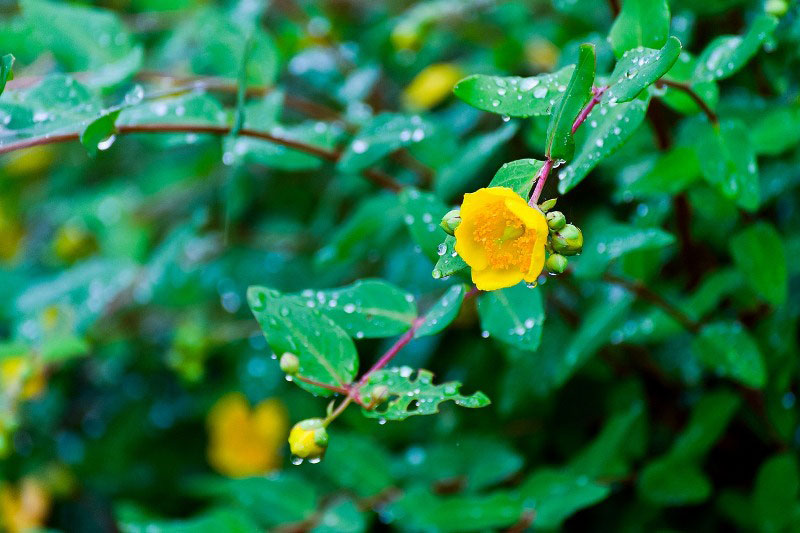
Nature changes and adjusts itself to the changes of season. It’s the case of living organisms too. But sometimes, it may lead to health issues related to climate. Rainy season is one such, which invites a lot of health issues.
Uttaraayanam begins in winter season, approximately on 21st January. That means the time from Malayalam month Makaram to Mithunam comes under Uttaraayanam. This season is not good for health too, as it faces slight variation downwards. In monsoon season (Varsha Ritu), in mid-July since the beginning of Karkadokam, Dakshinaayanam begins and health condition improves. Thus Karkidokam is the idol month to begin precaution against diseases, health care etc. Never sleep late during this month.
Also, monsoon is prone to rheumatism and diseases related to joint pain, digestion, cold, fever etc. So the body needs rest. Physical stress and exposure to direct sun should also be avoided. Avoid mustard, horse gram, broad beans, snake gourd, garlic, curd, buttermilk etc.
Some of Ayurvedic treatments such as Udwarthanam (massaging body with medicinal powders), vamanam (vomiting), virechanam (purgation is induced by drugs to eliminate excessive Pitta Dosha from the body), nasyam, vasthi etc can be done during this period under the guidance of a doctor. Body massage, sweating, dhara etc are a few more. You can also do oil massage at home using coconut oil, gingelly oil etc. If you don’t have a habit of hair massage using oil, leave it. Karkidaka Kanji and Pathila Kanji (prepared using 10 leaves) are good for supper this season and they help in digestion process.
Shareeracharya
As per the perspective of Ayurveda, man is a part of nature, and he is made of Panchabhoota consisting of water, earth, fire, wind and sky. The basic factors of human body – Vata, Kapha and Pitta are formed from these 5 basic elements of Panchabhoota. Tridosa (Vata, Kapha and Pitta) are included in each and every function of human body, and deviation in their match plays an important role in physical strength, fitness and body weight. All human bodies are built up of these three basic factors. As the proportion of these factors varies, his physical characteristics as well as his traits and characters also vary from others – Ayurveda says.
If doshas – Vata, Kapha and Pitta occur in equal proportions, it’s excellent. If two of them exceed comparing the third one, it’s a bad condition, and if anyone crosses the limit, the condition is ‘Madhyamam’ (not best, but not worst too). These doshas also vary according to age. During childhood, Kafa nature is predominant. During young days, Pitta is predominant, and during old age it is Vata. The doshas also show deviations during day and night time.
If a person is disease-free, it doesn’t imply that he is healthy. He should feel refreshment of body and soul too. As per body structure, we need to realize which dosha is dominant, and through strict regime, we can bring back our health and beauty, and protect both.
People with Vata nature should sleep early
Among the tridoshas, the good features of Vata/Vatam include – Rookshata, Lakhu, Seetham, kharam, Sookshmam and Chalanam. So their body structure would be intense but slim, and can defense extreme cold conditions. They are fast in behavior, talks and body movements, but skin is less oily. Their limbs are weak and hair strands are not strong enough. Other peculiarities include – good height and lengthy hands and legs.
If such people don’t follow well balanced diet and strict sleeping habits, they can get into disease conditions quite easily. Vata nature usually increases during September-October months and also winter season. Hence such people should take extra care in health during these months.
Sweet, sour and salt tastes are good for people with Vata nature. Yet bitter, spicy and chilly flavours may invite diseases easily. They can include carbohydrate rich food such as rice, potato, tapioca etc, fruits like Rasakadali (jnalipoovan) banana, dates, grapes, jackfruit, big banana, mango etc and vegetables like carrot, radish, cucumber, garlic etc. But leafy vegetables in large quantity – is not advisable. Include non-vegetarian food items such as meat and eggs according to digestion process. All milk products, fish, oats, wheat, almonds and cinnamon are also good.
Food and water should be taken as lukewarm by these people. Cold conditions or cold food may not suite these people. Hot herbal teas can provide refreshment, and they can sleep at daytime during summers. Oil massage and mild exercises are also good for such people.
Tender coconut juice is good for Pitta dosa people
If your body is excess in Pitta, the skin is oily in nature, and they have good digestion too. As body temperature is slightly high, they sweat easily and hence body releases bad odour too. They become angry easily, and they turn more violent and anger if they feel hungry. They can’t tolerate hunger. Their excreta is loose in nature. Their hair may get golden or copper colour and eyes are slight pale in colour. Their blood pressure fluctuates between low and high values, and they love chilled things and cold climate too.
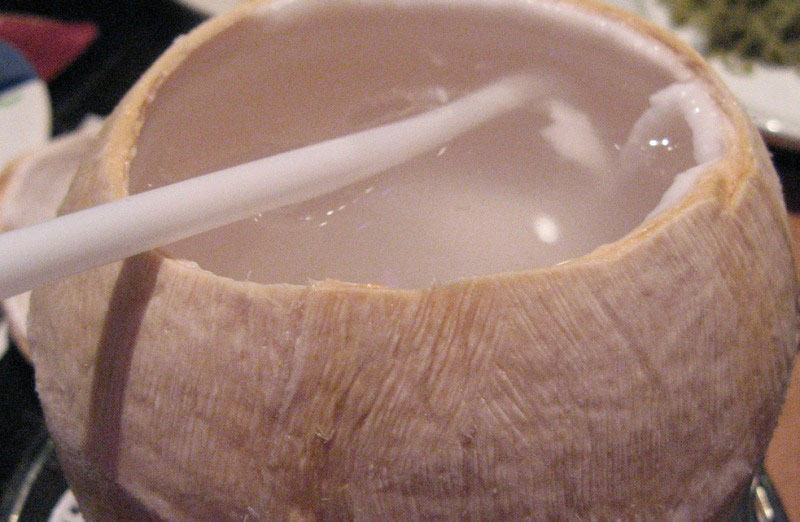
Sweet, bitter and spicy tastes are best for people with Pitta nature, and they should avoid chilly and sour tastes. Use milk, curd, ghee and butter in required quantities, and juices from tender coconut, sugarcane, gooseberry and grapes are also good. Boil drinking water using Nannari and Ramacham, and drink it once it cools off completely. Garlic, shallots, onions and pepper are not good for them. Include in plenty items such as okra, cucumber, salad cucumber, white gourd, ivy gourd etc.
Apple, mango and citrus lemon are best fruits for such people, while orange, papaya and pine apple are not good. Barley and maize are good, while cereals like wheat and oats can be avoided. Among non-vegetarian dishes, duck meat is best, followed by duck eggs and all kinds of fish. Other non-vegetarian items are not so good. Smoking and drinking should be strictly avoided. Swimming is the best exercise for these people, and they should avoid hard exercises with exposure to direct sun or heat.
Egg is not good for Kapha Dosa people
They are very slow people, very lazy in doing activities too. Their skin is oily and fleshy, and cold in nature. They have good mental strength, and never take any action in haste. They are white in skin tone with blush red. Their body nature is cold, and hair has good black colour. They are calm in nature and behaviour too.
Chilly, bitter and spicy are best for these people. Add cardamom and dry ginger to boiling water, and drink it in medium hot. Snake gourd, radish, ridge gourd, yam, shallots, garlic, ginger and pepper should be included in their diet. Ragi, wheat and millets are excellent for such people, and rice is not good. Yet such people can include a little rice in the diet with vegetables in plenty. They can use buttermilk, but not curd. Avoid deep fried items, red meat, eggs etc. Use vegetable salads during summer seasons.
Kapha natured people should make heavy exercises a part of their daily activities, at least 5 times a day. After that, do body massaging through Udwarthanam process. These people can’t withstand extreme cold and hot conditions. Make a habit to go to bed early, and wake early too. They may be frequently disturbed by problems related to cold, allergy, sinus etc.
Tridosha Diet
For Pitta natured people, vegetarian diet including uncooked vegetables and fruits are best suitable.
For Vata natured people, they can eat plenty of food. But drinking plenty of water is most important.
Kapha natured people should avoid ice creams and similar sweet desserts. Instead use vegetables and fruits. For easy digestion, drink hot ginger tea.
Among tridoshas, Kapha has more influence during 10 am – 2 pm period and 6 pm – 10 pm. Pitta is dominant during 10 am – 2 pm and 10 pm – 2 am. Vata nature is high during 2 pm – 6 pm and 2 am – 6 am. Main diet during day time should be taken in any one of the intervals, when tridosha of that person is highly dominating. For instance, as Kapha has high influence during 10 am – 2 pm in the day time, a person belonging to this nature should take his main diet in this interval. If so, digestion process is easy.
Ayurvedic Tips for your diet
1. It’s wise not to drink water along with meals. Drink water half an hour before meals, and half an hour after it, to improve digestion process. If water is taken along with food, it upsets digestion process. A little water is sufficient for digestion process.
2. If you take curd, honey or wheat products, drink cold water after that. Take hot water after taking food items made of rice flour. Use buttermilk or curd if you have taken vegetables, black gram etc.
3. Never use curd at night, either heated or raw. Also never use curd on a daily basis.
4. Kerala banana (big sized), mango, jack fruit, sapota, grapes etc can increase weight.
5. Apple, orange, papaya and guava are healthy fruits.
6. During cold seasons, choose food items which can improve body temperature internally. Horse gram is an idol food for monsoon season. For summer season, add natural food items rich in water content. Cucumber, salad cucumber, pumpkin and snake gourd are best for this season.
7. Use double boiling method, particularly in the cold seasons while heating the refrigerated food.
8. Coconut water can improve digestion, and reduce the bad effects of Vata and Pitta, related to Ayurveda.
A few Ayurvedic tips for beauty
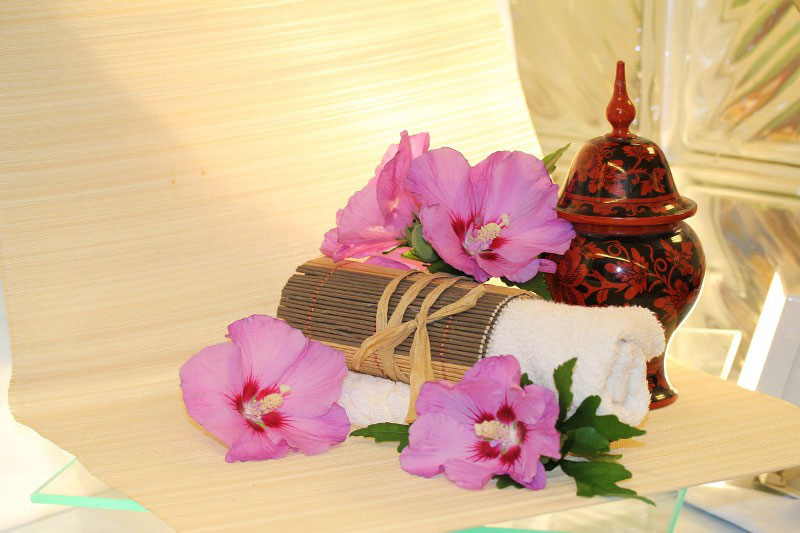
1. If you hair is already damaged due to dandruff or other any kind, never tie your hair soon after bath or pleat it. Make a fine paste of garlic and mix it with coconut oil. Place under sun for half an hour and apply on the affected areas like hair tangles, irregular structures etc. Wash it off after half an hour.
2. Apply honey on your skin to remove white patches on face and skin. Basil leaf juice is also an alternative.
3. Make a fine paste of neem leaves and raw turmeric and apply on face to get rid of scars, dark coloured skin etc. Take equal amount of cucumber juice, honey and milk membrane, mix together and apply on face to get rid of pimple marks, black marks and scars.
4. To get rid of dry skin, apply sesame oil (gingelly oil) on your face on daily basis and gently massage. Wash it off after 15 minutes. You can also use olive oil and groundnut oil as alternatives.
5. Turmeric of type – Kuda manjal (like a miniature form of an umbrella) can be made a fine paste adding sesame oil, and applied on body parts to get rid of dryness of skin. Thus it glorifies skin texture.
6. Fenugreek powder or green gram powder can be used to wash body as a substitute of bath soap. Turmeric paste (Pacha Manjal) can remove black marks and scars of body parts too, if used regularly while bathing.
7. Boil water using mango leaves and aracanut. Gargle your mouth using this water to get rid of bad smell and also remove pus in gums.
8. Include a lot of leafy vegetables, milk, butter and ghee in your daily diet. It improves the shine of eyes as well as vision.
Ayurvedic treatment for dandruff
1. If you have dandruff, never use sesame oil (gingelly oil) as hair oil.
2. Soak some fenugreek seeds and make a fine paste adding rice starch. Apply on scalp and wash it off after half an hour. It can reduce dandruff considerably.
3. Apply oil on forehead, ears and also the inner side of your feet. It adds coolness to eyes.
4. If you have cold and related issues, fever, dysentery, vomiting etc, never apply oil on head.
5. Spread some turmeric powder and pepper powder in a piece of cloth. Roll it and make a bundle. Using a thread, tie it to prepare a kizhi. Dip in sesame oil and light it. Breathe its smoke to get rid of cold easily.
6. Raw turmeric (Pacha Manjal) is powerful to reduce hair growth. So apply turmeric paste on face on regular basis to get rid of unwanted hair growth.
How to retain youthfulness?
1. Cold water, milk, honey, ghee etc can be served in empty stomach to retain youthfulness.
2. Chew and swallow 50 gm black sesame seeds and then drink cold water. It improves body weight and strength of teeth too.
3. Tender mango can improve Vata and pitta in blood, while mango fruit can reduce Vata.
4. To improve immunity power, serve 2 powdered shells of Kadukka (Terminalia chebula) with any one of jaggery, honey, dry ginger, thippali or indupp (rock salt) daily.
Image source: Pixabay
Read a few more articles related to Ayurvedic discipline. Here is the page link. Click on the images to read.








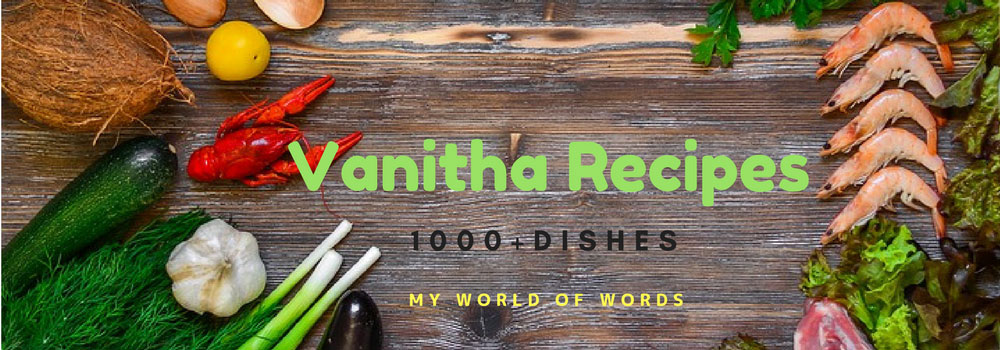
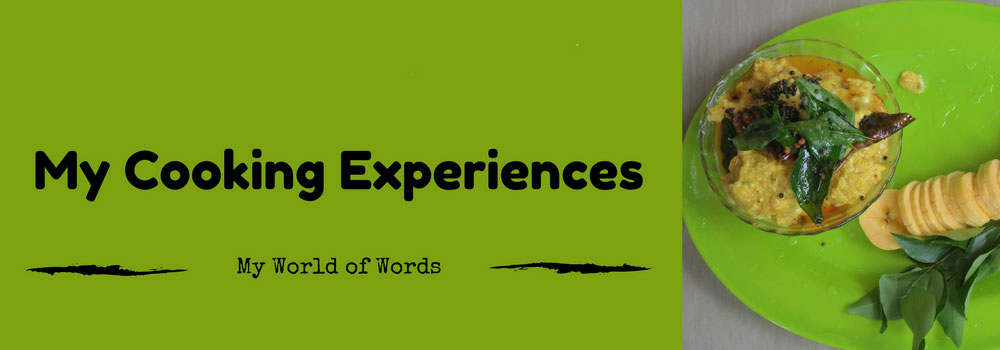




Recent Comments